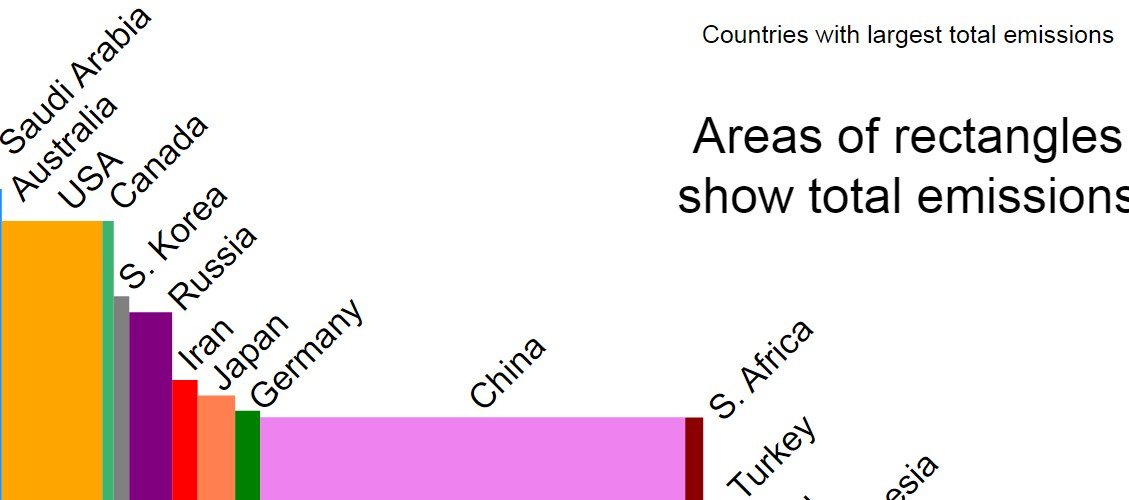The COVID-19 pandemic has disrupted the global economy and changed the way people work and travel. One of the consequences of this unprecedented crisis is a significant reduction in business travel emissions, according to a new survey by the Global Business Travel Association (GBTA).
Survey reveals drop in business travel and carbon footprint
The GBTA, which represents over 9,000 travel professionals and 700 companies worldwide, conducted a survey of its members in November 2023 to assess the impact of the pandemic on business travel and sustainability. The survey found that:
- 82% of the respondents said their company’s business travel decreased in 2023 compared to 2019, before the pandemic.
- 76% of the respondents said their company’s carbon footprint from business travel decreased in 2023 compared to 2019.
- 58% of the respondents said their company has a sustainability policy or program for business travel, and 23% said their company is developing one.
- 52% of the respondents said their company tracks or measures the carbon emissions from business travel, and 28% said their company offsets or reduces the emissions.
The survey results indicate that the pandemic has accelerated the trend of reducing business travel and its environmental impact, as more companies adopt remote work, virtual meetings, and hybrid models of work.
Benefits and challenges of less business travel
The reduction in business travel emissions has positive implications for the environment and the climate, as transportation is one of the major sources of greenhouse gas emissions. According to the International Energy Agency (IEA), global CO2 emissions from fuel combustion fell by 5.8% in 2020, the largest annual decline since World War II, mainly due to the drop in demand for oil, especially for road transport and aviation.
Less business travel also has benefits for the health and well-being of employees, as it reduces stress, fatigue, and exposure to infectious diseases. Moreover, less business travel can save costs for companies, as travel expenses account for a significant portion of their budgets.
However, less business travel also poses some challenges for the business sector, such as:
- Maintaining relationships with clients, partners, and suppliers, especially in cross-cultural contexts where face-to-face interactions are important for trust and rapport.
- Providing training, mentoring, and feedback to employees, especially for new hires, who may need more guidance and support.
- Fostering innovation, collaboration, and creativity, which may depend on the exchange of ideas and perspectives in person.
- Balancing the needs and preferences of employees, some of whom may prefer to travel for work, while others may prefer to stay at home.
Future outlook for business travel and sustainability
The GBTA survey also asked the respondents about their expectations for the future of business travel and sustainability. The survey found that:
- 69% of the respondents said their company plans to resume business travel in 2024, but only 37% said their company plans to resume business travel at the same level as before the pandemic.
- 66% of the respondents said their company will consider the environmental impact of business travel when making travel decisions in the future, and 64% said their company will encourage alternatives to business travel, such as virtual meetings, in the future.
- 62% of the respondents said their company will support the development and adoption of low-carbon technologies and fuels for business travel, such as electric vehicles, hydrogen, and biofuels, in the future.
- 60% of the respondents said their company will align their business travel sustainability goals with the United Nations’ Sustainable Development Goals (SDGs) or the Paris Agreement on climate change in the future.
The survey results suggest that the pandemic has created a window of opportunity for the business sector to rethink and reshape its travel practices and policies, with a greater focus on sustainability and social responsibility. The GBTA survey is part of its Project Unite initiative, which aims to provide guidance and resources for the recovery and transformation of the business travel industry.

